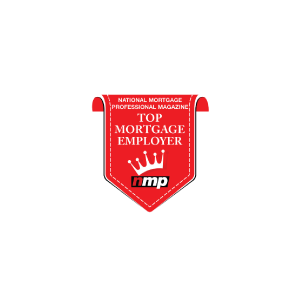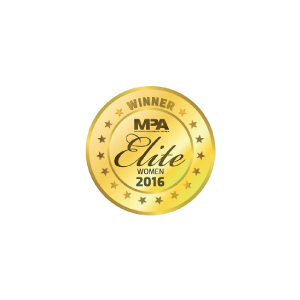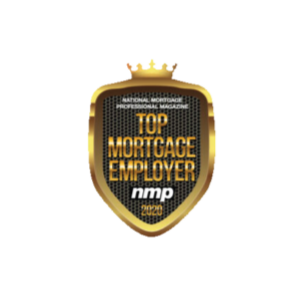FHA Loans vs. Conventional Loans: Which Is Right For You?
- October 18, 2022
If you’re house hunting, you’ve probably come across two popular types of home loan options:
FHA loans
Conventional loans
The biggest difference between these two options is that FHA loans are insured by the Federal Housing Administration, whereas conventional loans are insured by private lenders.
FHA loans are generally more lenient when it comes to your financial qualifications. For that reason, some people assume FHA loans are always best for first-time homebuyers while conventional loans are better for more qualified homeowners. However, that’s not always the case.
Read on to get a detailed breakdown of these two types of loans so you can choose with confidence.
Comparing FHA vs. Conventional Loans
Deciding between an FHA loan and a conventional loan (or conventional mortgage loan) comes down to your financial situation. Let’s look at some important factors to consider.
Minimum Credit Score Requirement
Mortgage lenders will look at your credit score to determine your eligibility for a loan. You may qualify for an FHA loan with a credit score as low as 500; however, you’ll need to make a 10% down payment on the home. If your credit score is between 580-619, you’ll be eligible to make a 3.5% down payment.
Conventional loans usually require a credit score of 620 or higher to qualify, but this can vary depending on the lender.
Minimum Down Payment Requirements
The minimum down payment for an FHA loan is 3.5% (assuming your credit score is at least 580). If your credit score is below 580, you’ll have to put 10% down.
The minimum down payment for some conventional loans is 3%. However, this requires a credit score in the 600s and solid savings.
If you’re able to make a 20% down payment, you don’t have to pay private mortgage insurance (PMI). A 20% down payment isn’t mandatory by any means, but it can lower your monthly mortgage payments.
Interest Rates
Mortgage rates can fluctuate depending on factors outside of your control like the economy, demand for housing, and the Federal Reserve. That said, other factors vary from person to person like your credit score, income and your loan-to-value ratio (LTV).
FHA loan rates can be lower than conventional loan rates. That’s because FHA loans are backed by the government and decrease the amount of risk private lenders take on.
For example, the current average rate for a 30-year fixed conventional loan is 5.47% while the average rate for a 30-year fixed FHA loan is 4.77%.
Mortgage Insurance
FHA loans require the borrower to pay private mortgage insurance (PMI) no matter the down payment amount. This protects the lender in case of default.
The FHA mortgage insurance premium costs 1.75% of the loan amount. If your down payment is less than 10%, the premium lasts for the life of the loan. If your down payment is more than 10%, you’ll pay FHA mortgage insurance for 11 years.
Conventional loans also require PMI. Premiums for conventional loans range from 0.2 to 2.25% depending on your down payment. However, you avoid PMI altogether if you put down 20% or more. PMI for conventional loans is automatically canceled once your equity reaches 22% of the home’s purchase price.
Loan Limits
FHA and conventional loans both limit the amount of money you can borrow, but there are some differences.
FHA loan limits fluctuate each year and depend on where you’re buying a home. For instance, the upper limit in low-cost areas like Iowa could be half the amount compared to high-cost areas like California. To find the current FHA mortgage limits in your area, visit the HUD website.
The upper limit for conventional loans is set by the Federal Housing Finance Agency (FHFA). For 2022, the limit is $647,200.
When a Conventional
Loan is Ideal
- You have a credit score of 620 or above
- You’re buying a second home or an investment property
- You want more flexibility for your down payment
- Your debt-to-income (DTI) ratio is low
- You prefer flexible repayment terms
When an FHA
Loan is Ideal
- You have a lower credit score (below 620)
- You don’t have much money for a down payment
- You have a high debt-to-income ratio
- The home will be your primary residence (not a vacation home)
We covered a lot in this guide, so if you have questions feel free to get in touch with a loan officer at Delmar Mortgage. We’ll help you weight the pros and cons of each loan type and find the best option to suit your needs.
- Learning Center, Resource & Guides
- Oct 18, 2022



















